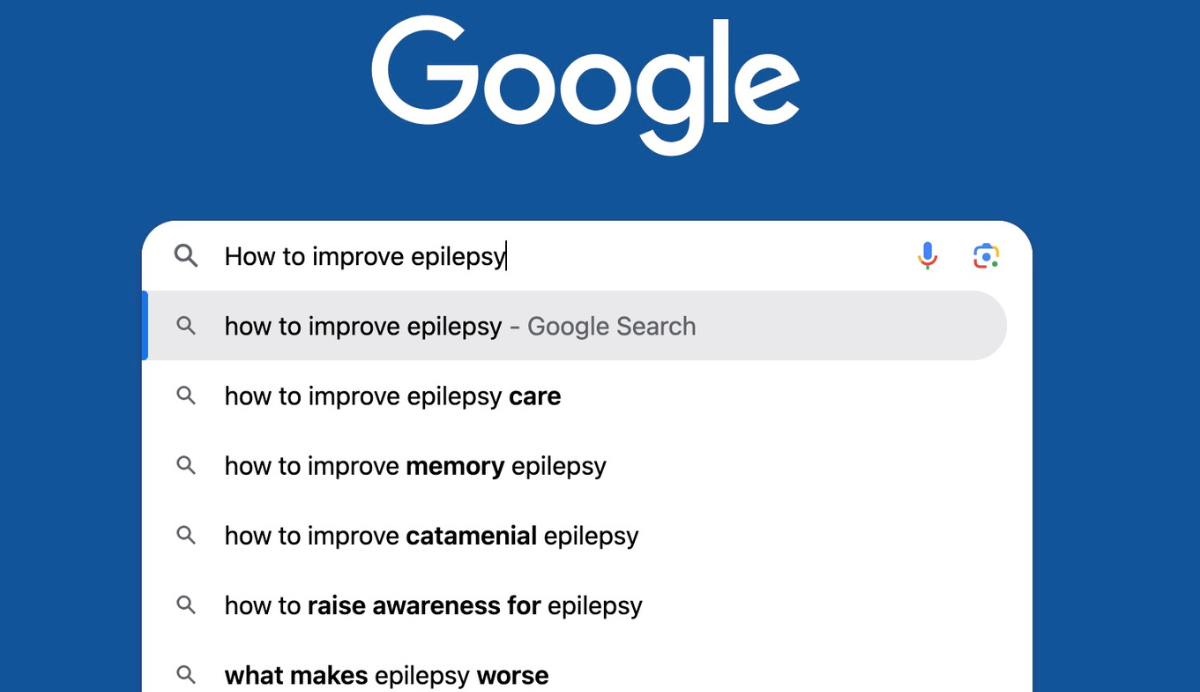I experienced my first seizure early 2021. I have been fortunate to not have any further
seizures, so have not been diagnosed with epilepsy. However, there were concerns that I
may have neurological or cardiac-related issues post the seizure, as I have a family history of
sudden unexplained death.
I was delighted to be recruited into the Australian Epilepsy Project (AEP) by the Florey’s first
seizure clinic. I have studied psychophysiology, health sciences and worked as an EEG
technician and research assistant, so it felt natural to want to give back and support other
research projects.
I found the testing extremely interesting - it was my turn to be the guinea pig! The
researchers and technicians were very friendly and were happy to answer any questions I
had.
If I’d had to pay out of pocket for the testing included in the AEP, I probably would not have
had the procedures at all. It was reassuring to know that despite no formal diagnosis or
explanation for my seizure, all avenues have been looked at, and I am happy knowing my
data could possibly help benefit others in some way, in the future.
What would you say to encourage others to sign up as participants?
Seizures (whether it’s one, some or many) can really affect a person’s quality of life. The
more people living with epilepsy that participate in the AEP, the richer the data, and the
better the care and treatment outcomes that will result. So do it for science :)
-2.jpg)
AEP Keynotes at AWS Summit Sydney Innovation Day

AEP hailed as an exemplar for transforming lives


